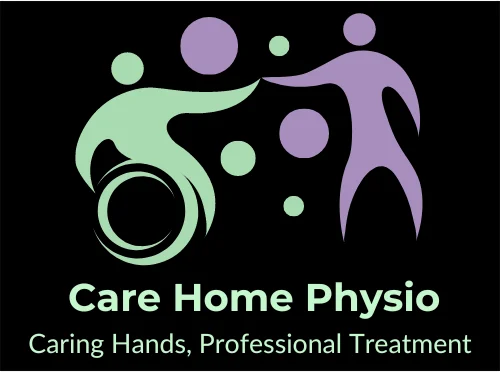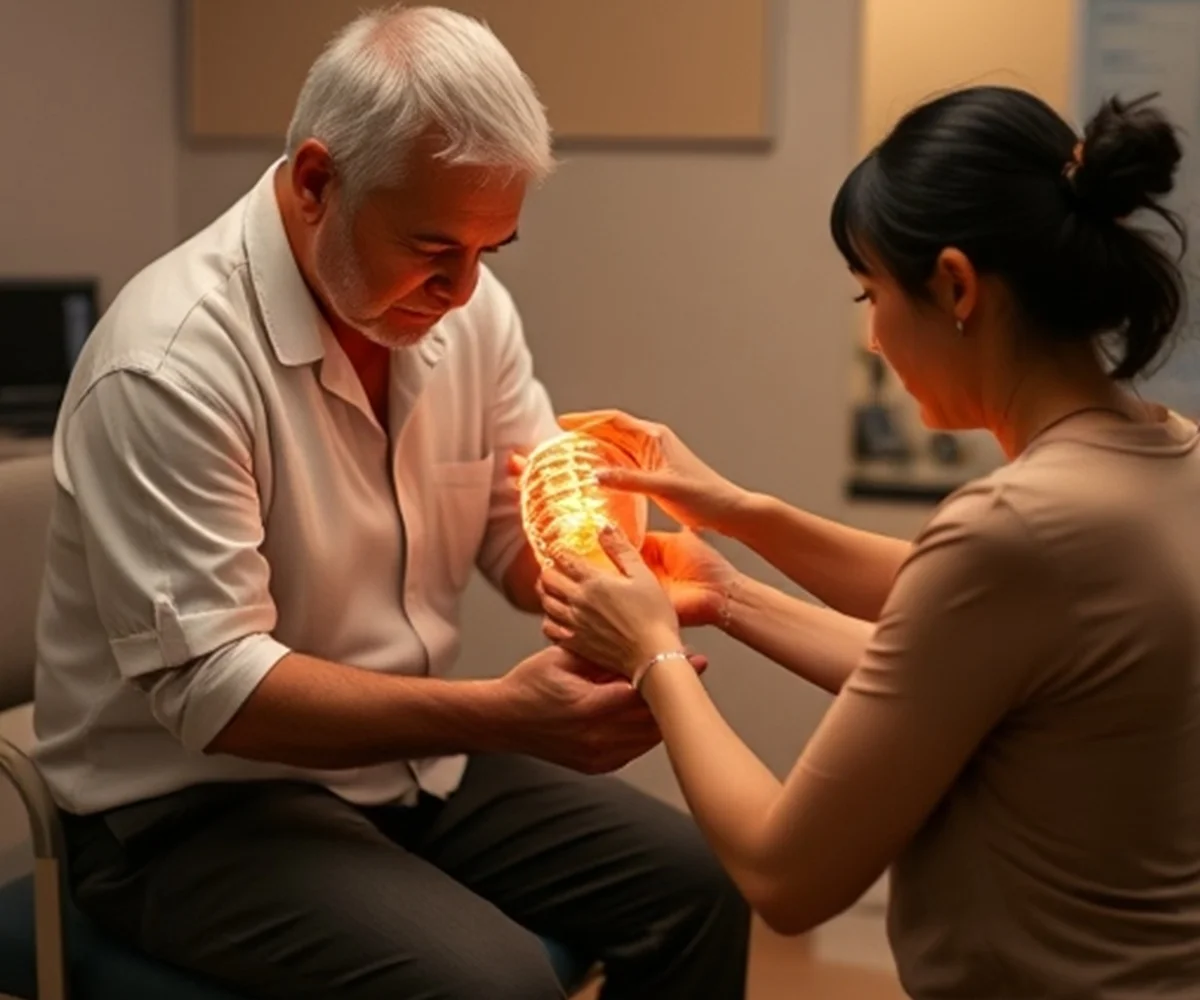Neurological rehabilitation encompasses a multidisciplinary approach that addresses physical, cognitive, emotional, and psychological challenges associated with neurological disorders or injuries. It integrates therapies and treatments tailored to meet each patient’s unique needs, with the ultimate goal of maximizing recovery potential.
Who Needs Neurological Rehabilitation?
Neurological rehabilitation is beneficial for individuals affected by a wide range of conditions, including:
1. Stroke
A leading cause of disability worldwide, stroke can result in partial or complete loss of movement, speech difficulties, and cognitive impairments. Neuro rehab helps patients regain lost abilities through targeted therapies.
2. Traumatic Brain Injuries (TBI)
TBI can significantly affect motor skills, memory, and emotional regulation. Rehabilitation focuses on restoring brain function and helping patients adapt to changes.
3. Spinal Cord Injuries
Damage to the spinal cord can cause partial or complete paralysis. Rehabilitation helps individuals optimize remaining functions and adapt to new ways of living.
4. Parkinson’s Disease
This progressive neurological disorder impairs motor function, leading to tremors, rigidity, and balance issues. Neuro rehab focuses on managing symptoms and maintaining mobility.
5. Multiple Sclerosis (MS)
MS disrupts communication between the brain and body, leading to various symptoms like muscle weakness, fatigue, and difficulty walking. Rehabilitation helps manage these symptoms effectively.
6. Neuropathy and Other Nervous System Disorders
Conditions like peripheral neuropathy, ALS (Amyotrophic Lateral Sclerosis), or Guillain-Barré Syndrome benefit from customized rehab programs.
7. Post-Surgical Recovery
Patients undergoing surgeries involving the nervous system, such as brain or spine surgeries, often require neuro rehab to regain function and mobility.
Goals of Neurological Rehabilitation
The primary objectives of neurological rehabilitation are to:
- Enhance Functional Independence: Help patients regain control over daily activities like walking, eating, and dressing.
- Improve Mobility: Restore balance, coordination, and motor skills.
- Manage Pain and Symptoms: Reduce discomfort and prevent complications.
- Boost Cognitive Skills: Address memory, problem-solving, and communication challenges.
- Support Emotional Well-Being: Help patients cope with depression, anxiety, and other psychological impacts.
- Foster Adaptability: Equip patients with tools and techniques to navigate their new normal effectively.
Key Components of Neurological Rehabilitation
Neurological rehabilitation incorporates a diverse range of therapies, each targeting specific aspects of recovery. Here are the core components:
1. Physical Therapy
Physical therapy focuses on improving mobility, strength, and balance. Techniques include:
- Gait training
- Stretching and strengthening exercises
- Use of assistive devices like braces or walkers
2. Occupational Therapy
This therapy helps individuals regain independence in performing daily tasks, such as cooking, dressing, or managing finances.
- Fine motor skill development
- Home and workplace adaptation
- Cognitive rehabilitation for attention and memory
3. Speech and Language Therapy
For patients facing challenges with speech, swallowing, or communication, this therapy addresses:
- Articulation and language skills
- Cognitive-communication training
- Swallowing exercises (dysphagia therapy)
4. Psychological Counseling and Therapy
Emotional health is a vital part of neurological rehabilitation. Counseling services help patients and families deal with:
- Anxiety and depression
- Adjustment to new lifestyles
- Coping strategies for chronic conditions
5. Neuropsychology and Cognitive Therapy
These therapies focus on restoring and enhancing cognitive functions, such as:
- Memory and attention training
- Problem-solving techniques
- Behavioral therapies to address mood disorders
6. Recreational Therapy
Engaging in activities like art, music, or sports can improve mental health, motor skills, and overall well-being.
7. Assistive Technology
Innovative tools and devices, including communication aids, mobility equipment, and smart home adaptations, play a crucial role in enhancing independence.
8. Nutritional Guidance
A balanced diet supports recovery by providing essential nutrients that promote brain and nerve health.


